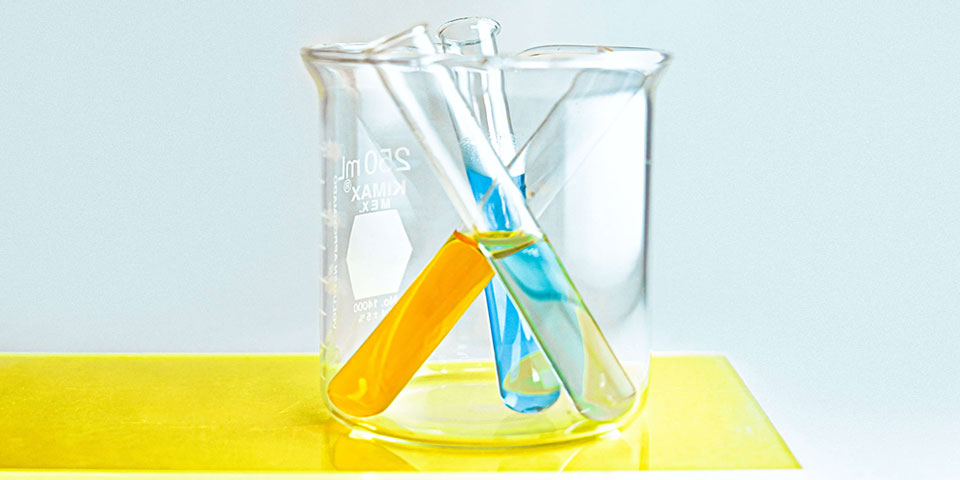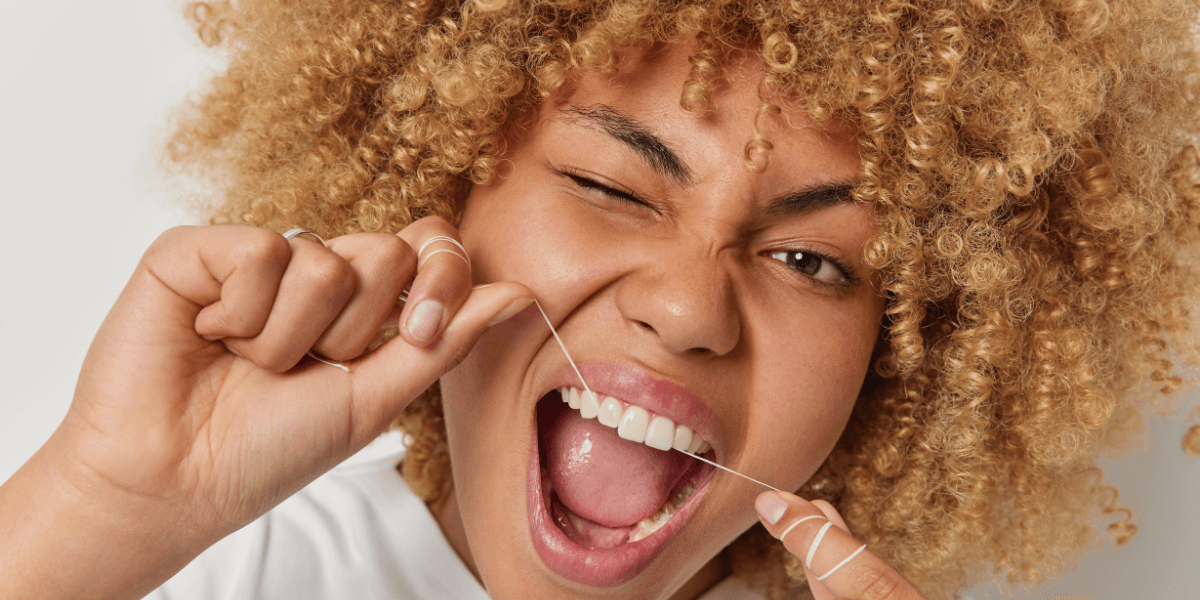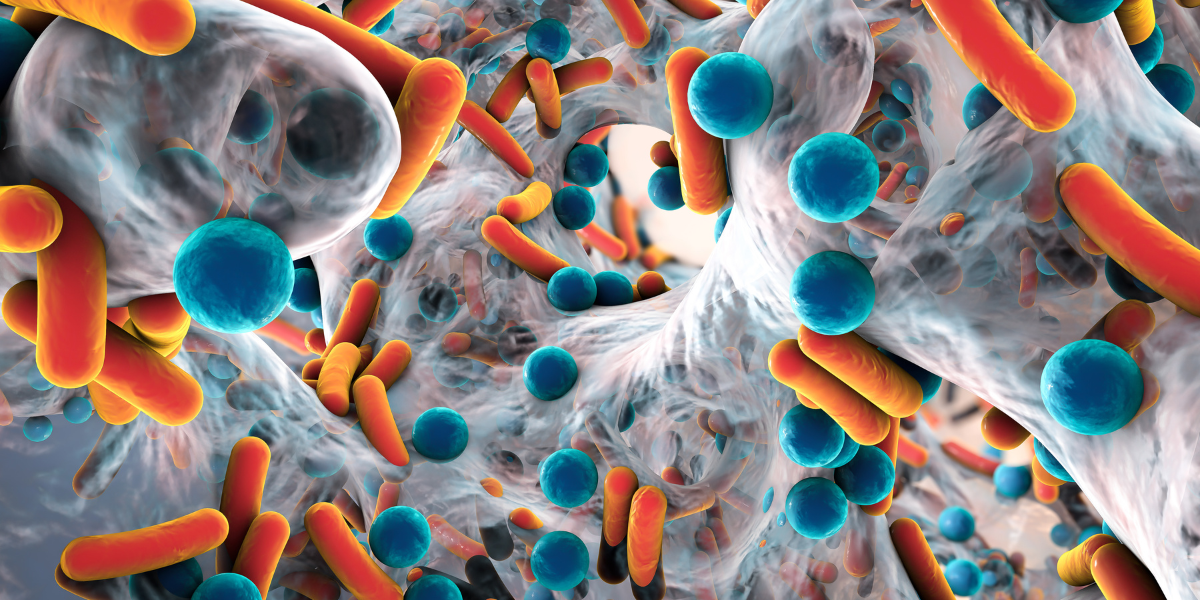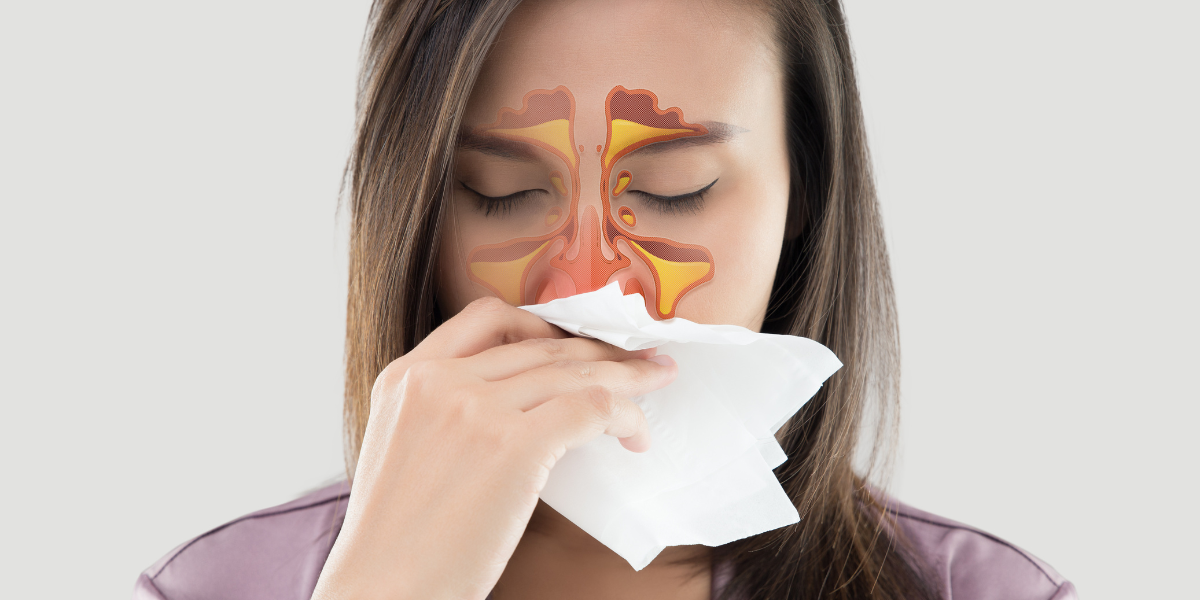Oral pH Balance: The Cycle of Demineralization to Remineralization

Maintaining a proper diet is essential for good oral health because diet is the primary cause of tooth decay and erosion.[1] Tooth decay is the result of unstable pH value. Consistently unstable pH levels are a sure indicator that the body’s natural defense systems such as saliva production are not operating at a satisfactory capacity. In adequate saliva will result in acid erosion.
The cycle of demineralization and remineralization
The mouth needs to be balanced and rebalanced to maintain a healthy environment for our teeth. Each time we eat, the acid measurement in our mouth fluctuates significantly. The pH value depends upon the foods we consume and how frequently we are consuming them.[2] Oral pH drops significantly when fermentable carbohydrates, sugars, and acids enter the mouth. When pH is low plaque bacteria joins with acid causing essential vitamins to dissipate from the enamel.
The balance
Saliva neutralizes the pH and clean acids produced by bacteria, creating a balanced pH and preventing further demineralization of enamel. If production of bacteria accelerates faster than saliva removal, colonization of bacteria begins, lessening the buffering effect, and within an acidic environment, demineralization continues to damage tooth structure.
Remineralization can only occur in an environment free of acid
Remineralization will occur naturally with healthy flow continuous production of saliva.[3] Saliva washes away acids allowing essential minerals to return to the tooth surface. If frequency of food intake is high and saliva is unable to maintain a balance, permanent damage to a tooth can occur.
pH function at different values
The pH of saliva at rest, like when we are sleeping, is about 6.75 and considered safe. The pH of stimulated saliva is about 7.8 and is ideal for tooth remineralization. During the consumption of food and beverages the oral pH drops below 5.5, the teeth are at risk for mineral loss until the pH recovers.[4] Prolonged periods of low pH cause more demineralization than mineralization and with time, result in permanent damage.
Reducing the risk
Limit the amount and frequency of sugary and acidic substances. Ideally, consumption of sugary or acidic foods and beverages should be limited to mealtime. It is advised to only drink water between meals. If it is necessary to snack, it is best not to sip on a beverage or pick at food continuously. Allowing saliva to return to healthy pH, as often as possible is key to reducing the risk of tooth decay.
References
- Super Health – Nature’s Sunshine Products – Introduction to …" Insert Name of Site in Italics. N.p., n.d. Web. 13 Oct. 2014 http://a-renewedhealth.com/health_information/super_health
- Darby, Michele Leonardi. Mosby’s Comprehensive Review of Dental Hygiene. St. Louis, MO: Mosby Elsevier, 2006. Print.
- The Demin/remin Cycle.- Registered Dental Hygienist. N.p., n.d. Web. 13 Oct. 2014.
- Wilkins, Esther M.Clinical Practice of the Dental Hygienist. Philadelphia: Wolters Kluwer Health/Lippincott Williams Wilkins, 2009. Print.








